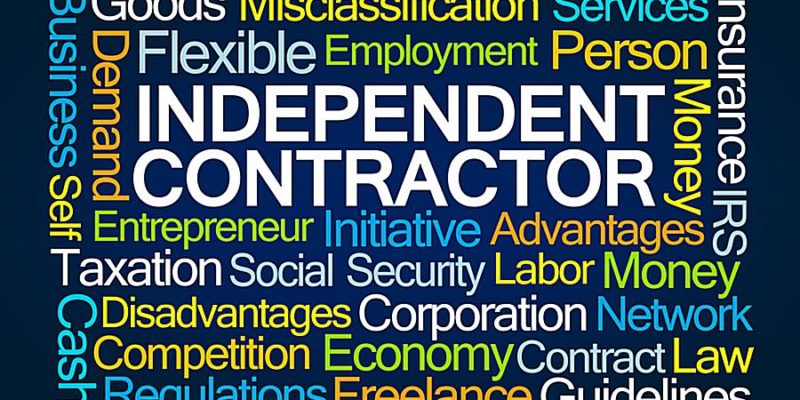RICHARD E. TOLSON
MAY 7, 2019
‘Wealthy developers are taking advantage of labor laws and outdated regulation and enforcement to increase profit margins’
National civil rights and economic justice leaders gathered in New Brunswick late last week for the 2019 Summit for Civil Rights, and I was honored to join legendary leader Congressman Jim Clyburn on a panel at the event. It was privilege for New Jersey to host this event, but it was also ironic considering the injustices happening in our own backyard, and in plain sight.
It’s not often thought of as top-tier issue, but the gross, widespread and often crippling injustices imposed on working men and women in the construction industry in our state measure up as significant abuse and perpetuate structural inequality. While we purport to stand for fairness, all across our state, wealthy developers are taking advantage of labor laws and outdated regulation and enforcement to increase profit margins by abusing workers. And it has to stop.
These are millionaires utilizing middlemen to break state and federal laws by misclassifying full-time workers as contractors – denying them basic benefits and rights like healthcare, committing wage theft by paying below the required living wage, establishing illegal work weeks, paying cash and evading taxes – all to increase already record profits from rents and property sales.
A 2016 Stockton University report conservatively estimated that the developers are stealing more than $25 million in state tax revenue annually via these illegal tactics. But far worse, this theft involves approximately 35,000 workers who are off the books or illegally misclassified as independent contractors. An entire underground economy has been allowed to fester, all built on the abuse of workers, for the benefit of multimillionaires.
Not exactly a high-water mark for civil rights, huh?









